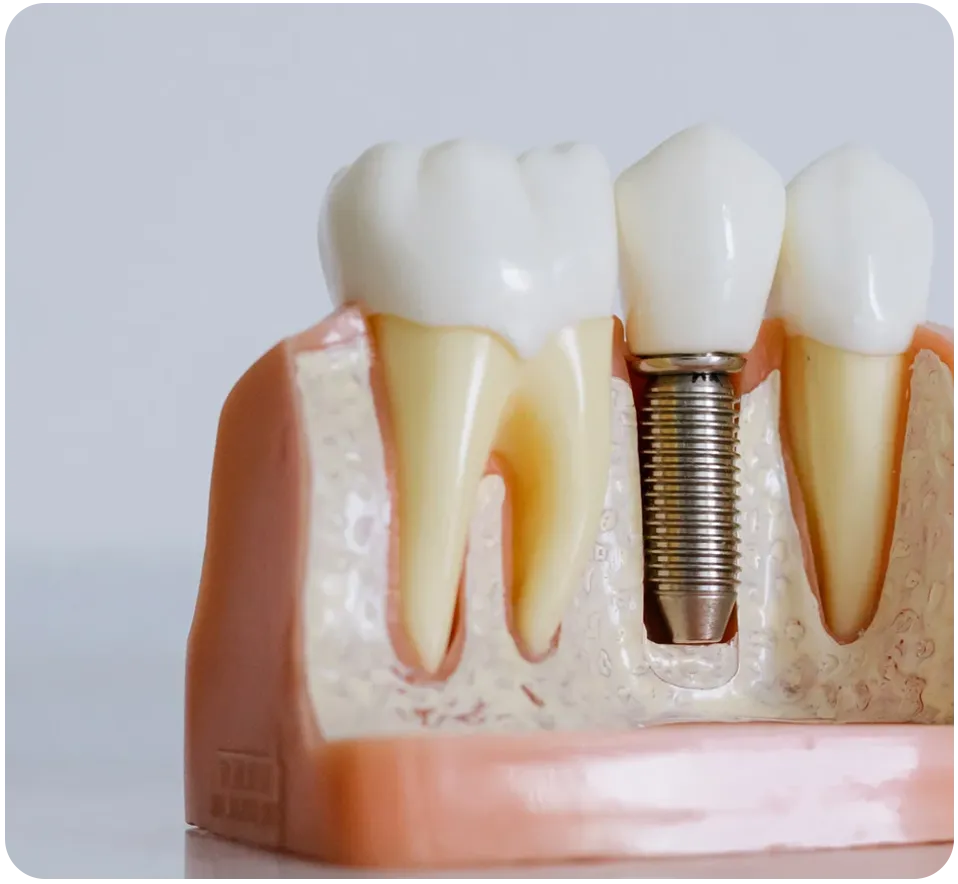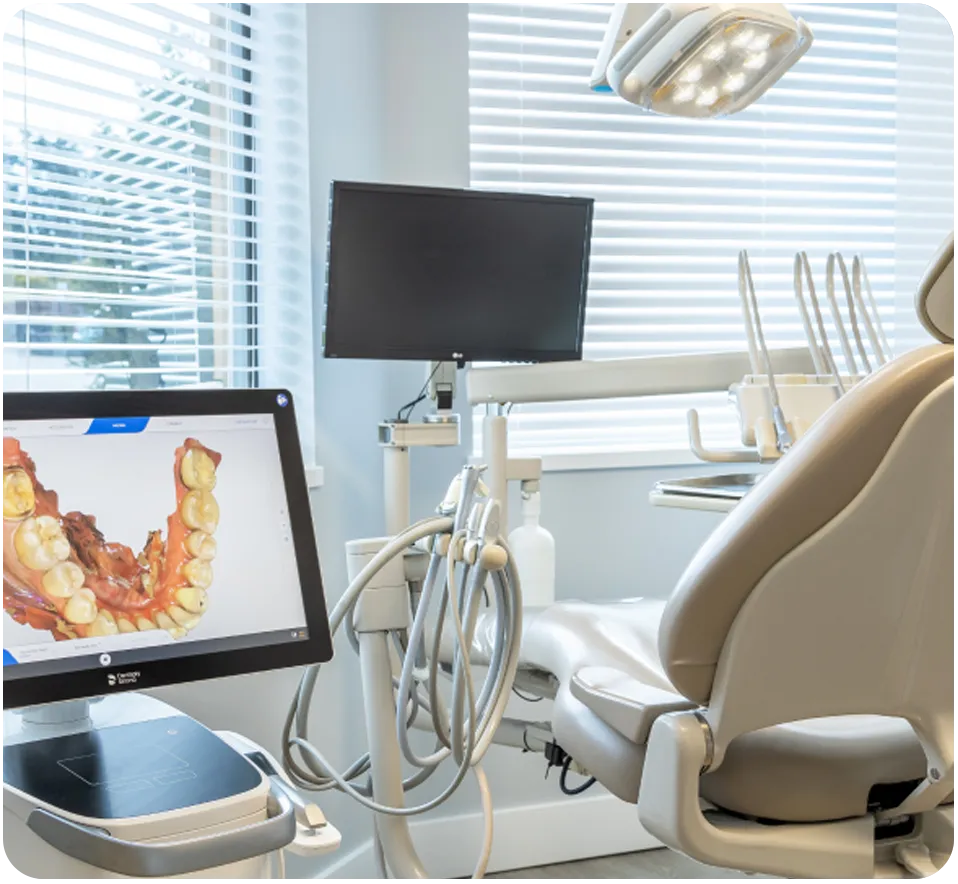(760) 233-5887


PERFECT SOLUTIONS FOR EVERY SMILE

Braces
Transform your smile with confidence! Explore our metal, clear, or Damon braces—designed to straighten teeth and create a smile you'll love for a lifetime.

Invisalign
Achieve a straighter, healthier smile effortlessly! Our clear, comfortable aligners are the ideal way for you or your child to start the journey to a confident smile.

Implants
Achieve a stunning smile with dental implants! Durable and long-lasting, they’re perfect for replacing missing teeth and restoring your confidence.
Meet Our Doctors
Experience unparalleled care with our highly skilled and compassionate dentist. Dedicated to your oral health, we provide expert solutions that go beyond the surface, ensuring lasting results for healthy teeth and a radiant, confident smile. Whether it's routine care, advanced procedures, or personalized treatment plans, our commitment is to help every patient feel cared for, comfortable, and proud of their smile. Your journey to optimal dental health begins here!

Dr. Andy Hoang D.D.S

Dr. Dexter Nguyen D.D.S
What Our Patients Say About Us?

Christine C.
"My husband's crown broke made by a different dental office. North County Dental Specialties was able to get him in right away. Staff was very helpful and Dr Tanioka is the best. My husband has been going to him for 5 years now."


Deborah P.
"First I'd like to thank Dr. Tanioka as he is extremely patient as well as thorough and does great work too!! I also like his assistant Robert who is thorough and nice too but can also handle all my fears and difficulties. Great teamwork!"


Brahm S.
"Everyone is incredibly friendly, patient, and thorough in their work. It is evident that the dentists and orthodontists at North County Dental Specialties will not hesitate to go the extra mile to ensure that each procedure is completed to perfection."

WHY NORTH COUNTY DENTAL?

Full Service
North County Dental provides full-service care, addressing all aspects of your dental health. From cleanings to advanced cosmetic treatments, our team meets all your dental needs in one convenient location.

Modern Technology
At North County Dental, we utilize modern technology and advanced techniques to provide the highest level of care. Our state-of-the-art equipment ensures precise, efficient, and comfortable treatments for all patients.

Friendly & Professional
North County Dental is led by a team of dedicated dentists with over 20 years of professional experience. Our knowledgeable team is committed to providing top-quality care in a welcoming and comfortable environment.
OUR APPROACH TO DENTISTRY
North County Dental is part of a network of five state-of-the-art dental practices serving San Diego and Riverside counties. As a designated preferred provider for military families and Veterans, we aim to elevate the standard of dental care in San Diego County through personalized service, a welcoming office environment, and advanced treatments at affordable prices.
Our team specializes in comprehensive family dentistry, with expertise in advanced cosmetic dentistry, porcelain restorations, and biocompatible materials that are safe for your teeth and mouth. Every team member is certified in both traditional braces and Invisalign. While we perform wisdom teeth extractions and root canals when necessary, we always prioritize exploring less invasive options to preserve your natural teeth.
At North County Dental, we believe in a conservative approach to dental treatment, valuing the preservation of your natural teeth above all. Our philosophy is built on sound clinical research, a collaborative team approach, and modern preventative and conservative care practices.
We invite you to experience our commitment to your health and trust through exceptional dentistry. Let us help you achieve a healthy, beautiful smile.
MULTIPLE CONVENIENT LOCATIONS TO SERVE YOU
Smile brighter, starting today.
North County Dental Specialties
401 W Felicita Ave
Escondido, CA 92025
(760) 233-5887
Mon–Wed: 8:30am – 5:00pm
Thursday: 10:00am – 6:30pm
Friday: 8:00am – 4:30pm
Sat-Sun: Closed
Copyright 2025. All Right Reserved.







